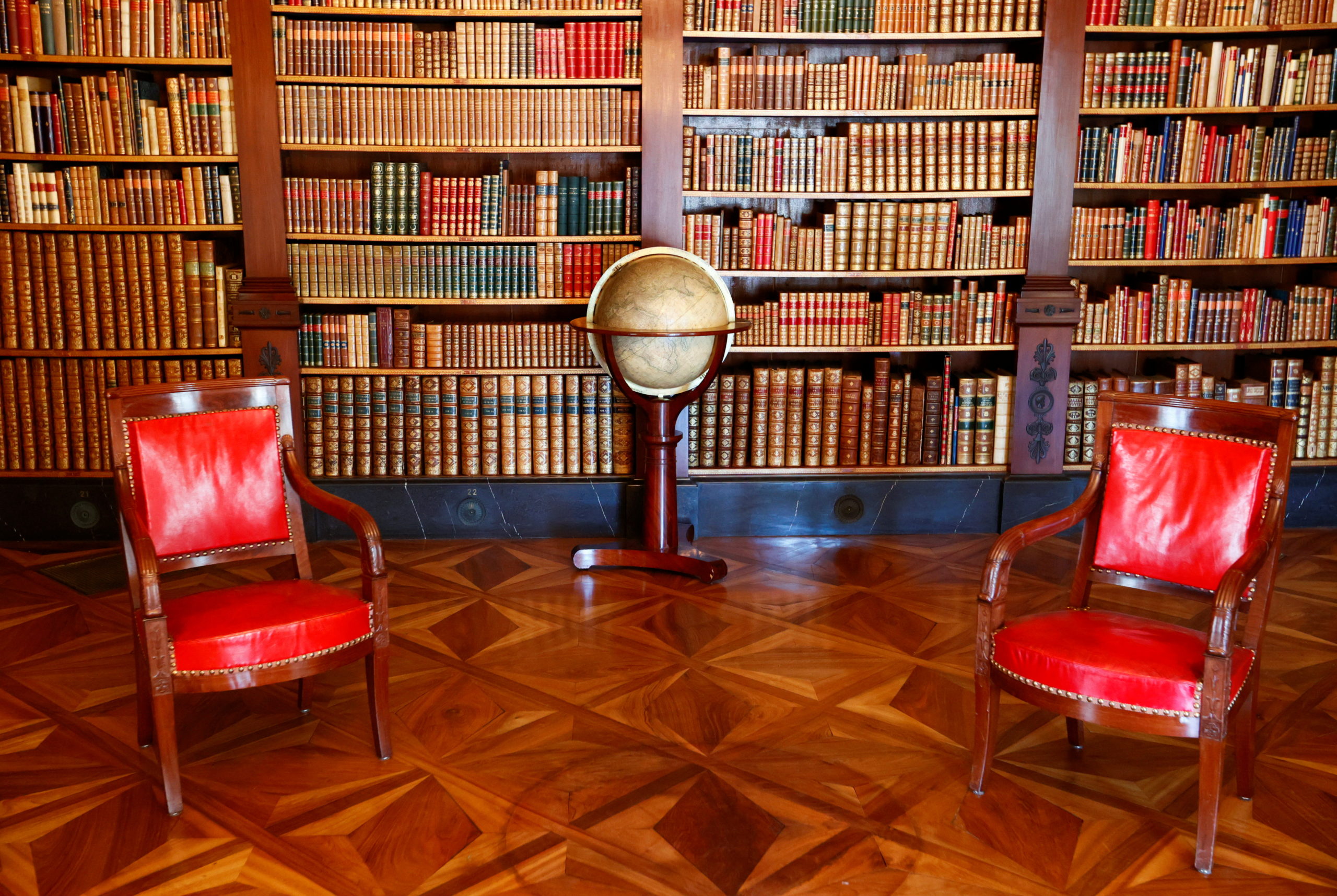Cooperation in the Arctic offers a model for US-Russia cooperation elsewhere
The Biden-Putin summit can succeed if it considers the examples of collaboration in the Arctic.

When Presidents Joe Biden and Vladimir Putin meet in Geneva next week, underlying their discussion will be the question of how the two rival powers can preserve global stability, even as they pursue their own national interests.
Fortunately, the formal and informal forums for cooperation in the Arctic offer a set of models that the two world leaders can apply to U.S.-Russia relations in other spheres to enhance stability. Without considering the lessons of these Arctic examples, the Biden-Putin meeting will be incomplete.
The Arctic has, of course, held an element of direct strategic interest for the U.S. and Russia since the days of the Cold War, and those security issues have never completely disappeared.
But national security concerns aren’t the only element of stability.
For example, Russia views the Arctic as central to its economic future. I heard that message repeatedly from Putin himself from 2010-2019 in Russia at the five Arctic Forums for dialogue. For Russia, in particular, it would be counterproductive to destabilize the Arctic — which means that economic prosperity, rather than force, is the top stabilizing feature for the entire circumpolar region.
First among the formal institutions for cooperation in the Arctic is, of course, the Arctic Council, which convenes the eight Arctic nations, plus six Permanent Participants representing the region’s Indigenous peoples, and now has a quarter century track record of building on common interests with a particular focus on science as a tool of diplomacy. That track record includes three binding agreements — on search and rescue, oil spill preparedness, and enhanced scientific cooperation.
Last month Russia assumed the council’s rotating chair for the second time since it was founded in 1996, with a program that focuses on sustainable development in the region, highlighting international scientific cooperation.
Russia also assumes the chair of the Arctic Economic Council, a parallel forum that began in 2014 to facilitate “Arctic business-to-business activities and responsible economic development,” and of the Arctic Coast Guard Forum that began in 2015 to coordinate among the coast guards of the eight Arctic states.
International cooperation in the Arctic goes beyond Arctic nations, too.
Last month, China became the final signatory to ratify a landmark treaty regulating fishing in the international waters at the center of the Arctic Ocean, which will now enter into force with its “precautionary approach.” The protection of this area beyond national jurisdictions highlights how common interests that can be built through science diplomacy.
These examples of science diplomacy in the Arctic offer Presidents Biden and Putin a unique model for strategic stability that can extend to climate change, the pandemic and other issues of shared concerns that will shape the future of our globally-interconnected civilization.
Paul A. Berkman is a faculty associate with the Program on Negotiation at Harvard Law School as well as an associated fellow of the United Nations Institute for Training and Research and Fulbright Arctic Chair for 2021-2022.
The views expressed here are the writer’s and are not necessarily endorsed by ArcticToday, which welcomes a broad range of viewpoints. To submit a piece for consideration, email commentary (at) arctictoday.com.